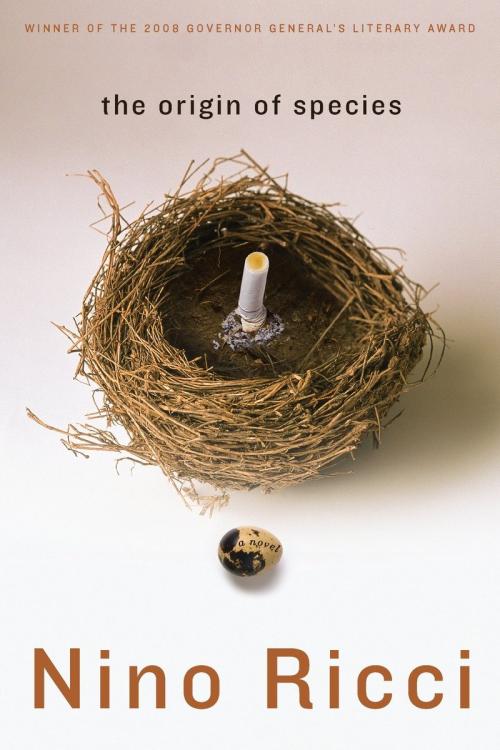1. Discuss the many pairings of fathers and sons in the novel. Do you see an underlying theme in their depictions? How does it relate to the theme of the novel itself?
2. Discuss Alex’s relationships with older male authority figures. How is he different with each of them? Why do you think this is?
3. Consider Alex’s description of Peter Gzowski on page 5, and later when he compares him to God. Why is the radio host so omnipresent in Alex’s mind?
4. Discuss the character of Desmond. Why is Alex in his “thrall,” as he puts it on page 269? What does Alex ultimately learn from his time with Desmond?
5. Discuss Alex’s relationships with the women in his life. How is he different with each of them? Why do you think this is?
6. Alex fantasizes about writing a novel about a character named K who is so overwhelmed by the significance of every action and object in his life that he comes to the brink of self-destruction, before a ray of hope breaks through. (p 194) Do you see any parallels between the actual novel and the one in Alex’s imagination?
7. In the horrifying scene in which Alex and Santos are surrounded by putrifying fish, Alex wonders about the food chain, “What could it mean, this stupid cycle? What comfort or purpose was in it?” (p. 324) What does this question say about his state of mind at the time? Will he find an answer? What do you think it is?
8. Consider the structure of this novel, split into three parts with the novella-length Galapagos section inserted midway, and an epilogue at the close. Why do you think Ricci chose to structure his novel this way? How is each section distinct? How are the quotes that begin each section significant?
9. Read the opening of Alex’s thesis proposal, starting on page 399, about storytelling and narrative as key to human evolutionary success. What do you think of his idea?
10. Why do you think Alex feels compelled to hike up Mount Royal to see the cross (part 3, chapter 10)? What changes after that walk?
11. In the Epilogue, Alex considers the relationship Darwin had with his relatively unlucky cousin Alfred Russel Wallace. Why do you think this is relevant to Alex’s life?
12. Consider Ricci’s description of the hope growing inside Alex using the metaphor of a bird. (page 471) What does hope mean for Alex? Where else do birds figure in the novel? If you are able, look up the poem by Emily Dickinson (a contemporary of Darwin) that begins, “Hope is the thing with feathers”. Do you see any parallels between Dickinson’s poem and this book?
13. Discuss Alex’s revelation about the “not-quite-describable thingness of things”. (p. 469) Have you come across such a concept before? What does it mean to you? How does it contrast with the Victorian scientific urge to name and categorize?
14. This novel is very much steeped in the time and place of mid-1980’s Montreal. What do you think of Ricci’s depiction of the political climate and culture? Did it feel accurate?

